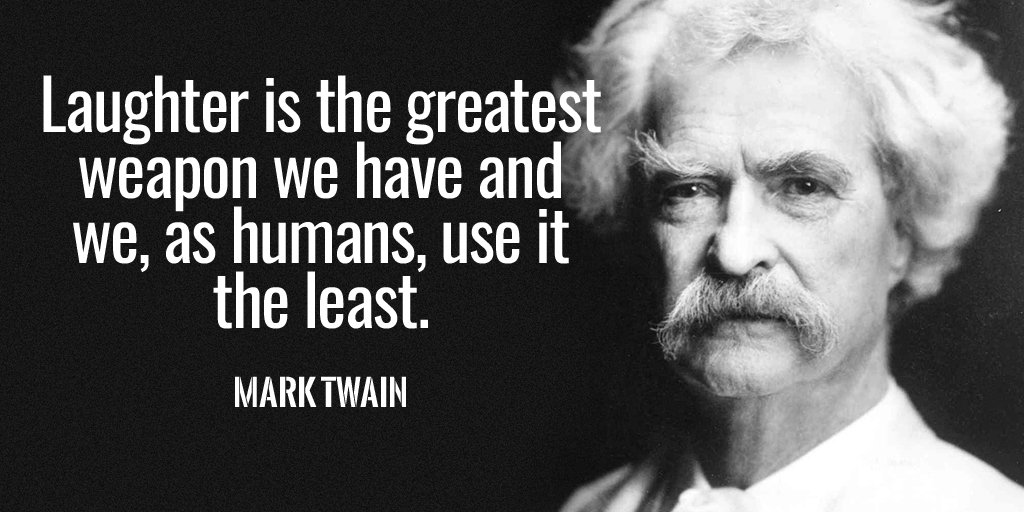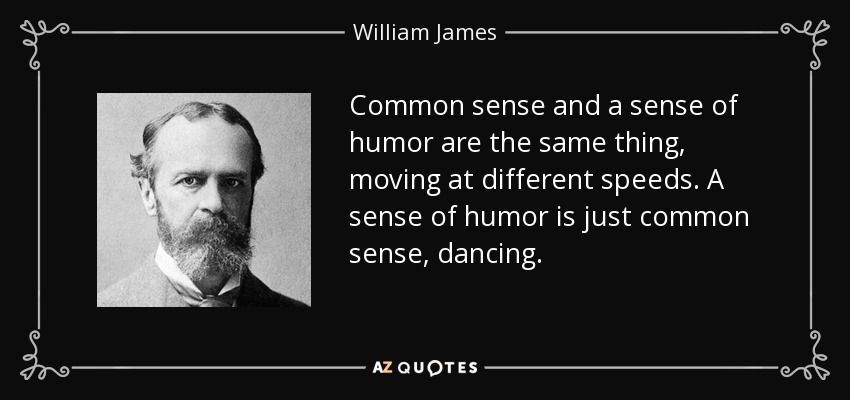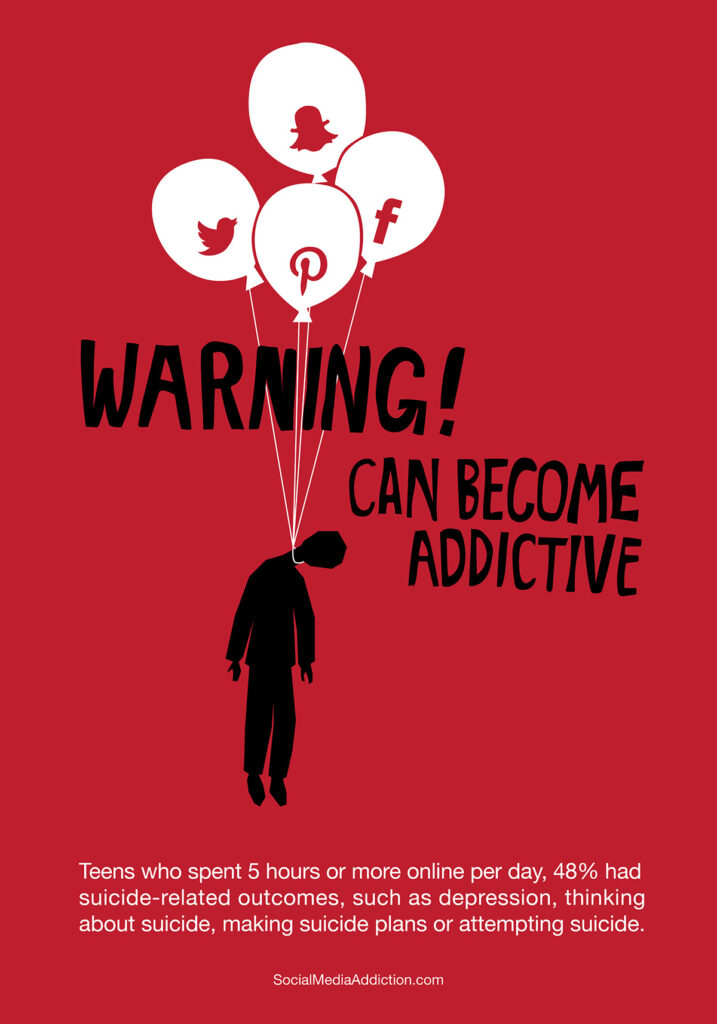
7. Invaluable steps to find management solution!
There are many qualities that a Manager in today’s competitive environment must have. But themost important quality of Leadership that he / she must possess is problem solving ability. The leader must never practice “shoot the messenger of bad news”. Unfortunately many do. For a true leader anyone who brings a problem should be a ‘welcome guest’. It only when you know where the shoe pinches that you can fix it. Many new sophisticated programmes should come to the fore.
Problem solving is all about using logic, as well as imagination, to make sense of a situation and come up with an intelligent solution. In fact, the best problem solvers actively anticipate potential future problems and act to prevent them or to mitigate their effects.
Problems abound in any organization. These may be small one or big ones. Some are simple to solve with a little attention or gigantic which may scare anyone. The biggest difficulty happens to be the wish to put the problem under the carpet so that it is not visible. This emerges out of fear – that I may be blamed. But like any other evil, the small problems may sooner or later become massive in size. At that time solutions become critical. Maybe for the very existence. It is for the manager to develop a system that as soon as a problem is seen, efforts for its immediate solution are made.
So the manager must identify precisely the nature of the problem and define it as clearly as possible. Remain calm. Maintain poise. And take all the necessary action to solve it. What are the qualities necessary for honing this essential skill? Not one, but many! These are listed below:

1. A near perfect Management Information System: Near perfect because perfection is never achieved. Only nature is perfect. Today, increasing the growth of considerable effect on increasing productivity of public and private organizations at the world and global movement to using different types of information systems namely Management Information System (MIS) caused that Iran also moves toward this trend. This trend was encountered with successes, failures and challenges. The management information system is an integrated, computerized and machine user system providing the required information to support the operation and decision making.
2. A passionate belief in the purpose. Unless you do your best in solving problems with a strong passion you cannot master this unique but essential skill.
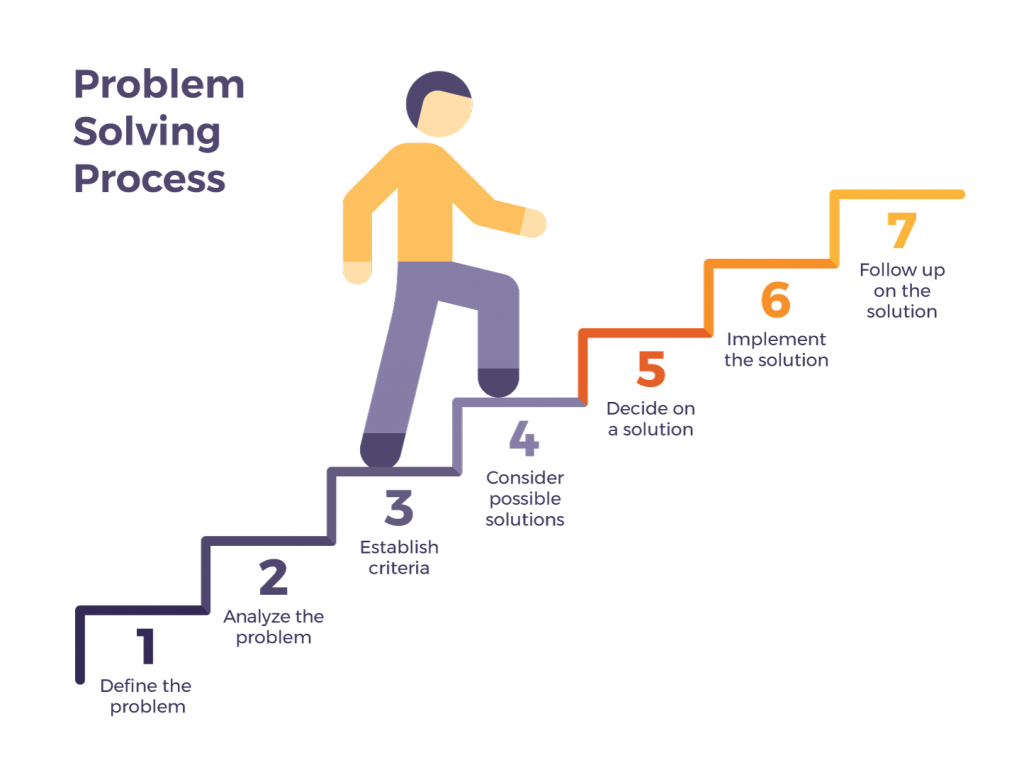
3. Solving a problem is a process which requires patient application of mind. You enjoy applying mind and people around you will also do the same. If excellence is your goal, there could be no easier method to follow it.
4. Dogged persistence: Persistence is the core quality that you must develop. You must understand that if any problem has to be solved, you need to pursue the action towards resolving the same with nothing less than a dogged persistence. Never ever give up!
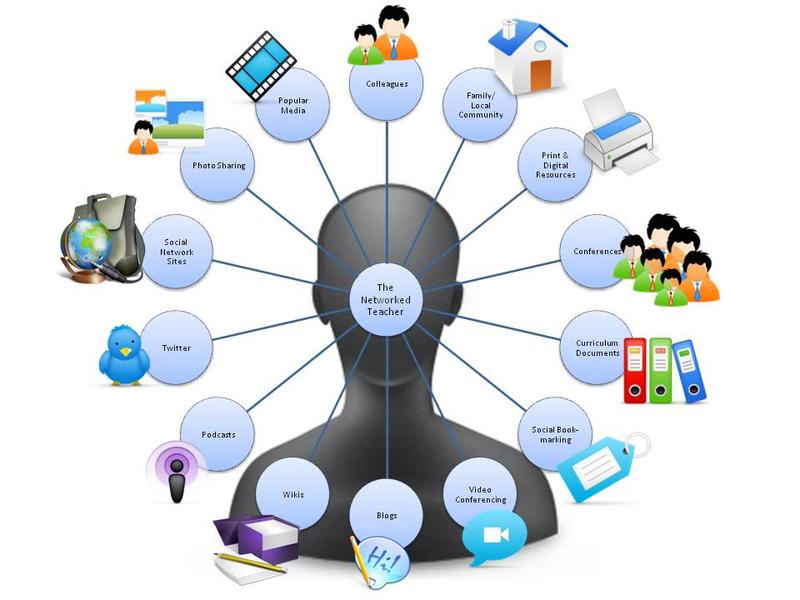
5. Openness to learn: One must be open towards learning throughout one’s life. In fact, no one ever knows enough. There is always a lot to learn from your own experience and that of others, from books or from any other source. Individuals with a high level of openness have a general appreciation for unusual ideas and art. They are usually imaginative, rather than practical. Being creative, open to new and different ideas, and in touch with their feelings are all characteristics of these people. Individuals who score lower in openness on a career test are generally more closed-off, resistant to change, and analytical.
6. Look at your problem from different angles. Just as a photographer tries to portray the object from different angles, bringing out the life in the subject; likewise when you view the problem from different angles you will be able to chart out alternative solutions.

7. The next step is to identify the most suitable solution to the problem.
Defining the Problem: Deeply understanding a problem through research, leading to better solutions. Research can include interviewing, reading books and emails, analyzing financial data, searching your organization’s intranet, and organizing your findings.
Analyzing: Using disciplined thought processes to evaluate each possible solution. Besides listing their costs and benefits, you might apply deductive reasoning, game theory, and the rules of logic (including fallacies) to them.
Deciding: The ability to decide on a solution and move forward with it. After an appropriate amount of time, an analysis of possible solutions, and feedback from team members, a designated decider must choose and implement a solution.
A Manager can perfect the essential skill of problem solving by developing the above qualities with day to day practice.
Thanks for reading.









